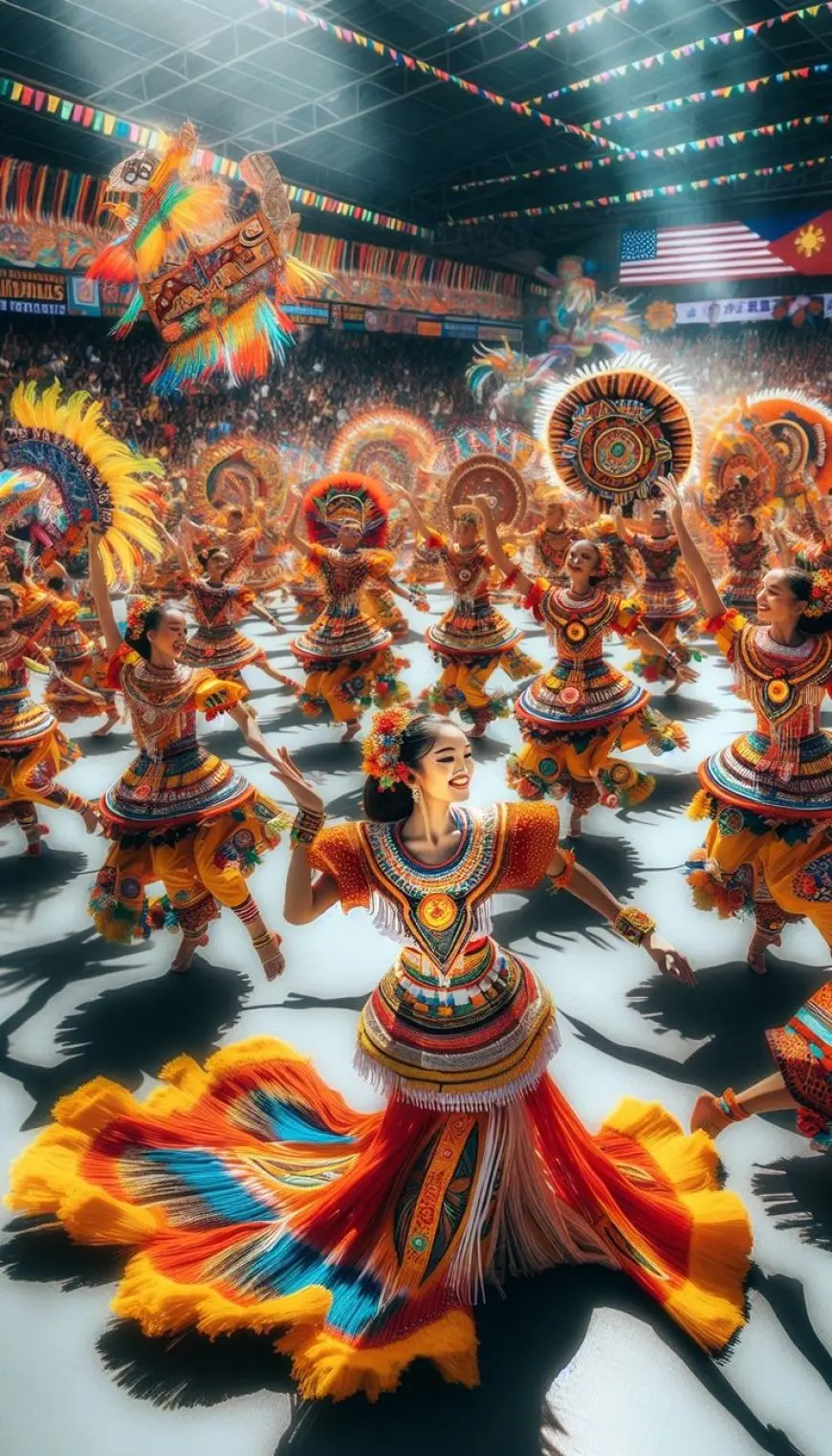Exploring the Origins of Cultural Festivals
Exploring the Origins of Cultural Festivals

Cultural festivals are vibrant celebrations that showcase the rich traditions, history, and diversity of different societies. These festivals are not only a means of entertainment but also a way to preserve and promote cultural heritage. Their origins are deeply rooted in human history, often evolving from religious ceremonies, seasonal rituals, and communal gatherings.
Religious and Seasonal Beginnings
Many of the world's cultural festivals originated as religious observances or seasonal celebrations. In ancient civilizations, people held festivals to honor deities, celebrate harvests, or mark significant seasonal changes. For example, the Hindu festival of Diwali, known as the "Festival of Lights," has its origins in religious mythology, celebrating the victory of light over darkness and good over evil. Similarly, the Greek festival of Dionysia, dedicated to the god Dionysus, celebrated the arrival of spring with theatrical performances and feasting.
Festivals linked to the agricultural cycle were also common across various cultures. In many societies, harvest festivals, such as Thanksgiving in the United States and the Chinese Mid-Autumn Festival, arose to give thanks for a bountiful harvest and to mark the changing of seasons. These festivals often included food, music, dance, and other communal activities to bring people together and celebrate the fruits of their labor.
Cultural Preservation and Expression
As societies evolved, festivals became a way for communities to preserve their traditions and cultural expressions. Cultural festivals offer a platform for showcasing art, music, dance, and cuisine that reflect a community’s identity. These events help pass down customs and values from one generation to the next, ensuring the continuity of cultural practices.
In some cultures, festivals are a way to express the collective memory of significant historical events. For example, the Mexican Day of the Dead (Día de los Muertos) is a celebration of the lives of ancestors, rooted in indigenous traditions that honor the dead through elaborate altars, traditional foods, and rituals. The festival serves as both a remembrance and a vibrant expression of cultural identity.
Global Exchange of Ideas and Traditions
With globalization, cultural festivals have become platforms for exchanging ideas and traditions across borders. What once started as localized events have expanded into international celebrations, drawing tourists and participants from around the world. The Rio Carnival in Brazil, for example, has its roots in Afro-Brazilian religious traditions but has evolved into a world-renowned festival attracting millions of visitors. Similarly, the Edinburgh Festival in Scotland, which started as a small celebration of the arts, has grown into one of the world’s largest cultural festivals, showcasing a wide array of performances from various cultures.
Modern-Day Cultural Festivals
Today, cultural festivals continue to thrive, providing opportunities for communities to celebrate their heritage while fostering intercultural understanding. Many modern festivals blend traditional elements with contemporary practices, creating unique experiences that appeal to diverse audiences. For instance, the Notting Hill Carnival in London, which celebrates Caribbean culture, has evolved to include a variety of musical genres, dance forms, and cultural influences, creating a dynamic fusion of the old and new.
In addition to traditional festivals, new cultural festivals have emerged that focus on specific aspects of culture, such as food, fashion, and film. These events serve as a way for people to explore and celebrate the evolving nature of culture in the globalized world.
The Social and Economic Impact of Festivals
Cultural festivals are not only significant for preserving traditions but also have substantial social and economic impacts. They bring people together, fostering a sense of community and belonging. These festivals also attract tourism, providing a boost to local economies through increased business for restaurants, hotels, and vendors. The cultural exchange that occurs at these festivals promotes greater understanding and respect among different groups, helping to bridge cultural divides and encourage inclusivity.
Cultural festivals have evolved from ancient rituals and religious ceremonies into vibrant and diverse events that celebrate the uniqueness of human culture. They are a testament to the importance of preserving traditions while embracing new forms of expression. Whether they are held to mark the changing of seasons, honor historical figures, or simply bring people together, cultural festivals continue to play a vital role in shaping the social fabric of our societies. They are living examples of how cultural identity is celebrated, preserved, and shared with the world.







